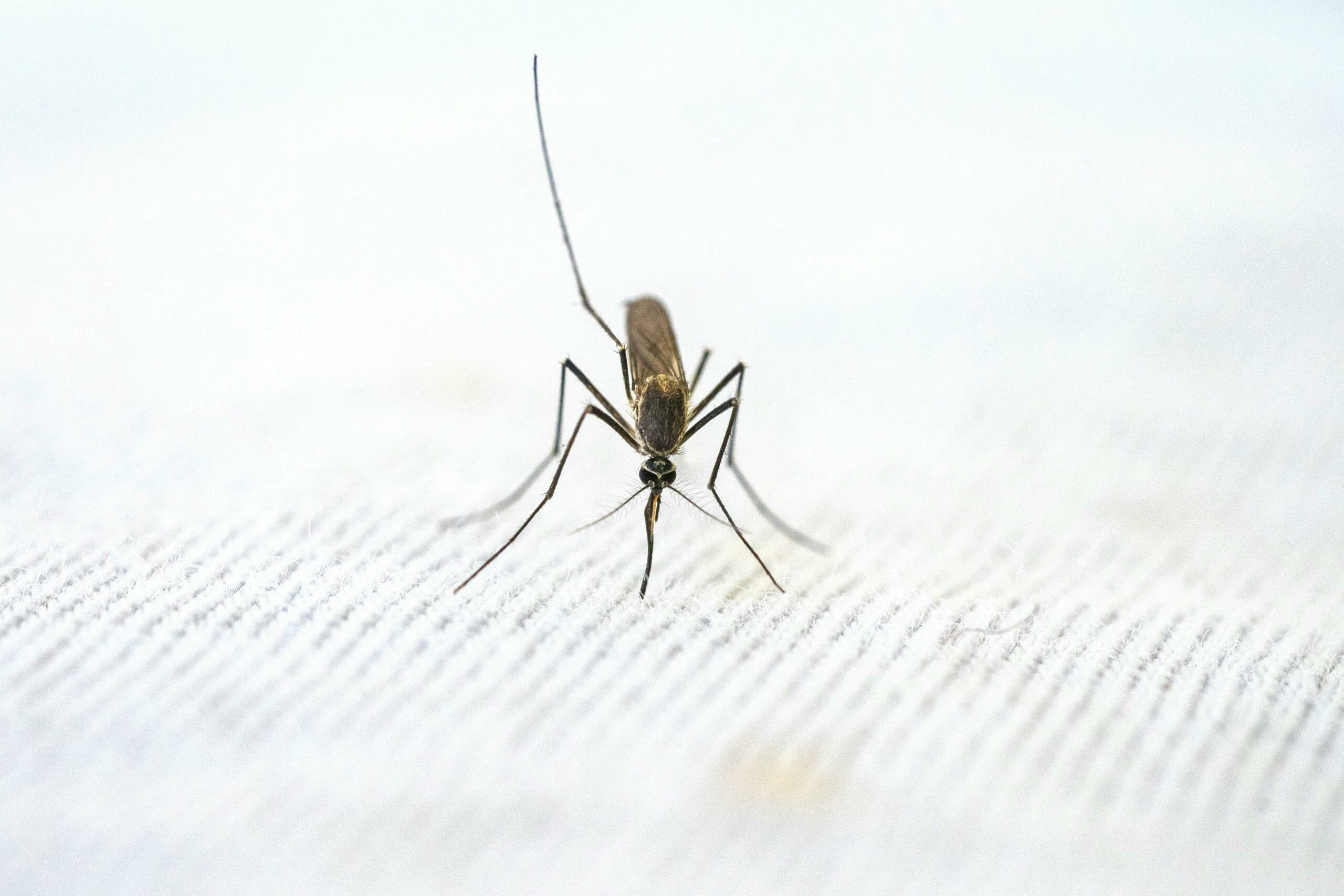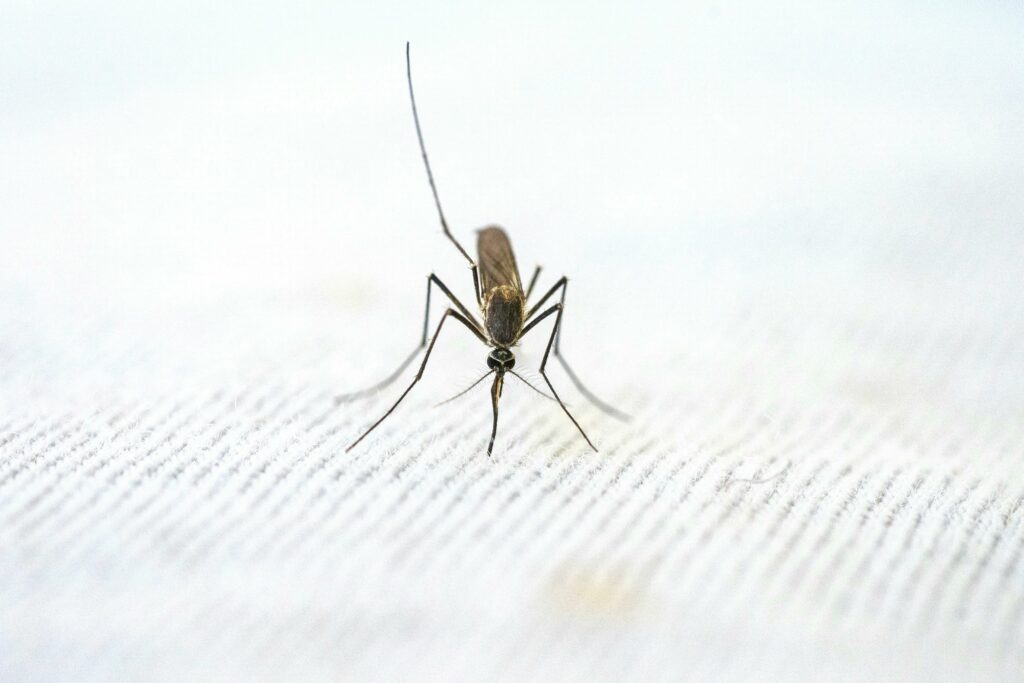
 Voice of Lango
Voice of Lango

 Voice of Lango
Voice of Lango
20 January 2025, 10:27 am

By Denish Ongora
Lira University is seeking Shs10 billion to establish a mosquito larvicide processing plant aimed at combating malaria by producing an environmentally-friendly mosquito larvicide.
The larvicide, developed through research conducted by Icel Solomon, a pharmacy lecturer at the university, is made from herbs and has proven to be 99% effective in destroying mosquito larvae.
Associate Prof. Okaka Opio Dokotum, the Deputy Vice Chancellor of Lira University, emphasised the importance of the larvicide in the fight against malaria. He noted that the product is not harmful to the environment or other living organisms, making it a safe and viable solution for malaria control.
Speaking at Lira University’s 6th graduation ceremony, Prof. Dokotum outlined the university’s plans to establish the larvicide production plant. He stated that Shs10 billion is required to support its development and contribute to the university’s growth.
In addition to the larvicide project, other ongoing research at Lira University includes a project by lecturer Grace Auma aimed at reducing neonatal and maternal deaths, as well as a satellite project led by student Belson Ojuka. Another notable initiative is the development of an app to remind people living with HIV who are on ARVs to take their medication on time.
However, Prof. Dokotum expressed concern over the lack of a research laboratory and insufficient funds to support these critical research projects at the university.
Larvicides are substances designed to eliminate mosquito larvae before they develop into adult mosquitoes. They are typically applied in areas where mosquitoes breed, particularly in stagnant water.